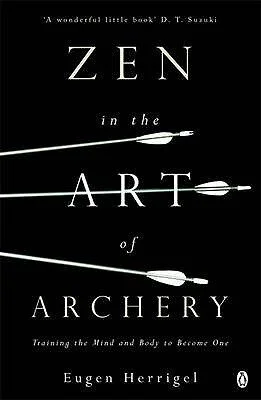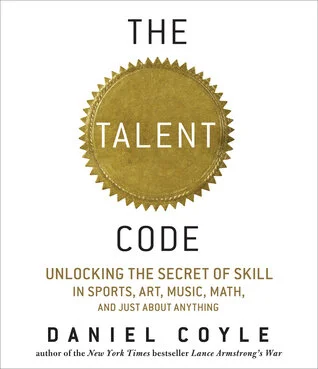Teaching Philosophy
We teachers occupy helping roles. The extent to which I can be helpful depends on the solidity of my relationship to a student. For a parent or student, considering the personality style, learning philosophy and pedagogical techniques of a teacher will help ensure a good “fit.” By writing this blog, I am hoping to orient the reader to my teaching philosophy as well as give some advice on how to assess fit with any teacher.
I constantly strive to meet my students where they are. Fortunately, I studied with a few teachers that masterfully adapted their teaching to my unique needs. Continuing in their footsteps, I adapt my teaching style to each student in ways that maximize learning and enjoyment. Students who need more flexibility and freedom will find my approach spontaneous and adaptable. Others that need more structure and direction will find my approach organized and methodical.
Advanced Students
With more advanced students, I seek to establish concrete goals that have measurable outcomes. These can be specific projects like preparing for a contest or audition, learning a concerto or excerpt, improving skills such as double-tonguing or range, and working towards meeting a specific standard of playing. In any case, we need to know where we are going. Next, we need to know how we’re going to get there. I make my methods explicit. I see learning as cyclical with periods of intense work and progress alternating periods of reflective exploration marked by slower growth. At the beginning of a cycle, I like to collaborate with a student in formulating a plan for how we are going to achieve a certain goal. I often include a structured practice routine, calendars, journaling, recording, and a host of other pedagogical tools.
With students requiring more freedom and spontaneity, our plan is more organized around flexible goals than specific directives. In any case, my practice plans take as an assumption the belief that learning is fueled by positive energy. I make sure that students are enjoying themselves within the context of being challenged in order to thrive, improve, and meet their goals.
I believe it is crucial to take advantage of the hard work and wisdom of those who have gone before us. Imparting that respectful approach is an important aspect of my teaching style. If it fits a student, I often assign reading and journaling as part of lessons. I am fascinated by the psychological aspect or “inner game” of trumpet study and performance. Zen Buddhist concepts such as “The Beginner’s Mind” have been powerful mindsets and resources to my performing and teaching. Books such as Zen and the Art of Archery, Flow, Mental Toughness Training for Cross-Country Skiing, The Talent Code, and The Performer Prepares have deepened my understanding of how we relate to our instrument and benefit from its study. Journaling invites students to think more deeply about the relevance of what they’ve learned. When my students articulate and explore a concept they have learned, they have taken a small step towards mastery.
Contrary to what is portrayed in movies like The Karate Kid, I believe positive and productive relationships with a teacher are usually that way from the beginning. There is no such thing as a “one size fits all” teacher. It is rare that a teacher can win over a reluctant student. A real-life Mr. Miyagi probably would have done well to tell Daniel-san to come back when he was ready to learn. Occasionally I will recommend a student find a different teacher when I can sense they are skeptical, reluctant and/or struggling to get what they need from me. Although I pride myself on my personal and pedagogical flexibility, I cannot meet the needs of every student. Ultimately, this serves my priority of most effectively helping a student achieve their musical and personal developmental goals.
No matter what the level of student, my goal is mutual enjoyment, learning and inspiration. Nothing gives me more energy than connecting with a student and helping them get something out of the trumpet they didn’t think they could. I strongly agree with Mihalyi Csikszentmahlyi who describes the process of Flow as only being possible when one is fully immersed in and enjoying what they are doing. My students often have the kind of inspirational and revelatory experiences that are occasioned by a good connection with an enthusiastic and knowledgeable teacher. This process is a two-way street from which my performing and teaching draws energy and inspiration.
Hey there! I’m Scott.
I teach and perform all around the Bay Area. Let’s work together!






